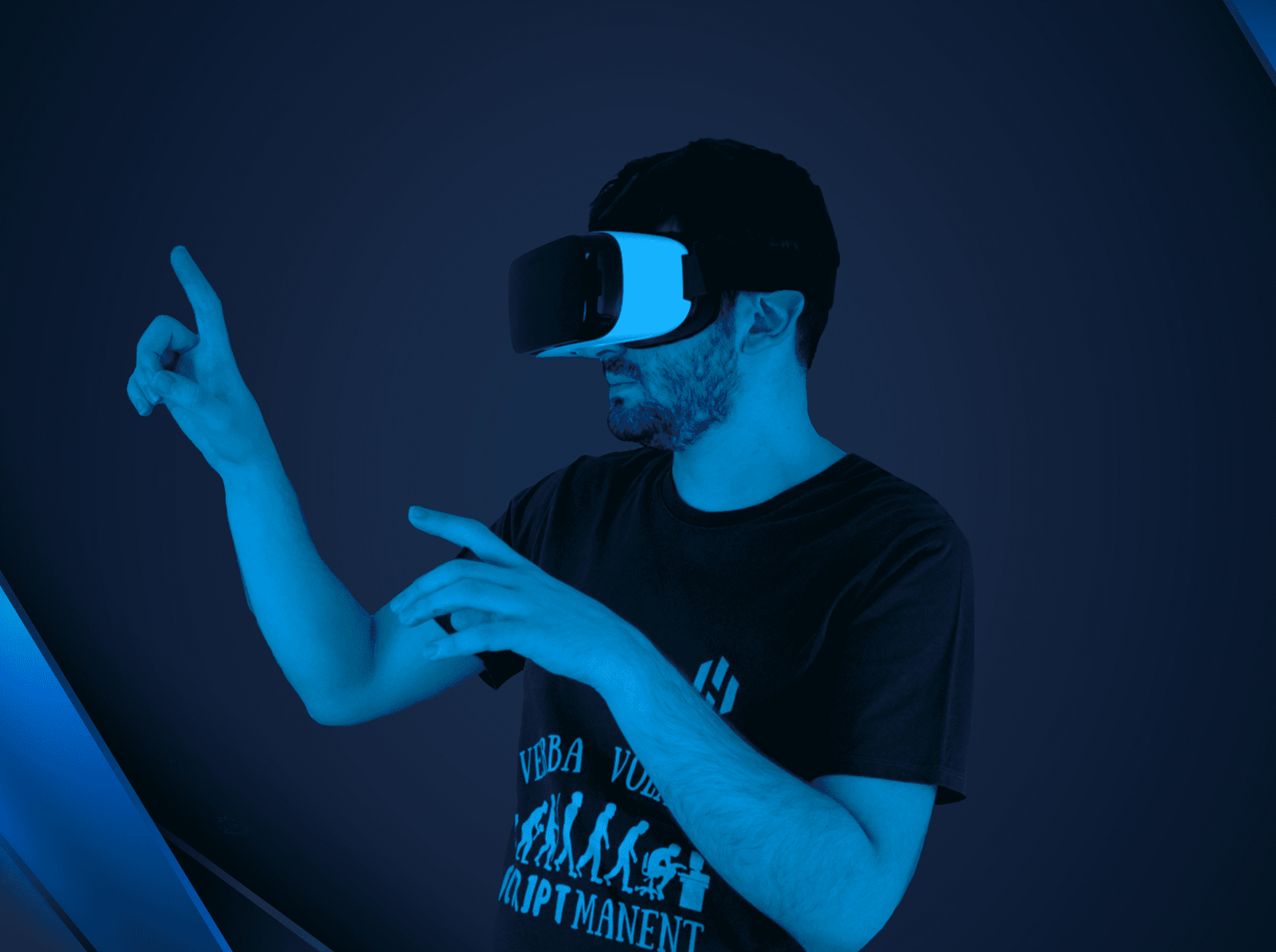Virtual reality (VR) is of increasing interest to applied psychologists due to its potential for exposure learning. The current study comprises two experiments that aimed to examine the effect of a VR task on participants relationship with negative self referential thoughts (e.g., 'I am not good enough'). To that end, participants were instructed to select a thought that they were ‘fused with’ and to interact with this thought in a VR environment. In Study 1, 30 participants (age range: 18-65) across three groups (Cognitive Defusion, Distraction & Control) were tested pre and post VR task on trait fusion and their overall relationship with the negaive thought. In Study 2, a further control group of VR only and a state measure of fusion were introduced. Overall the results indicate that VR, not only facilitates the management of negative thoughts, but that it generalises to a reduction in both trait (Study 1) and state (Study 2) fusion levels. The findings are discussed in terms of the utility of VR in applied settings.
Video

